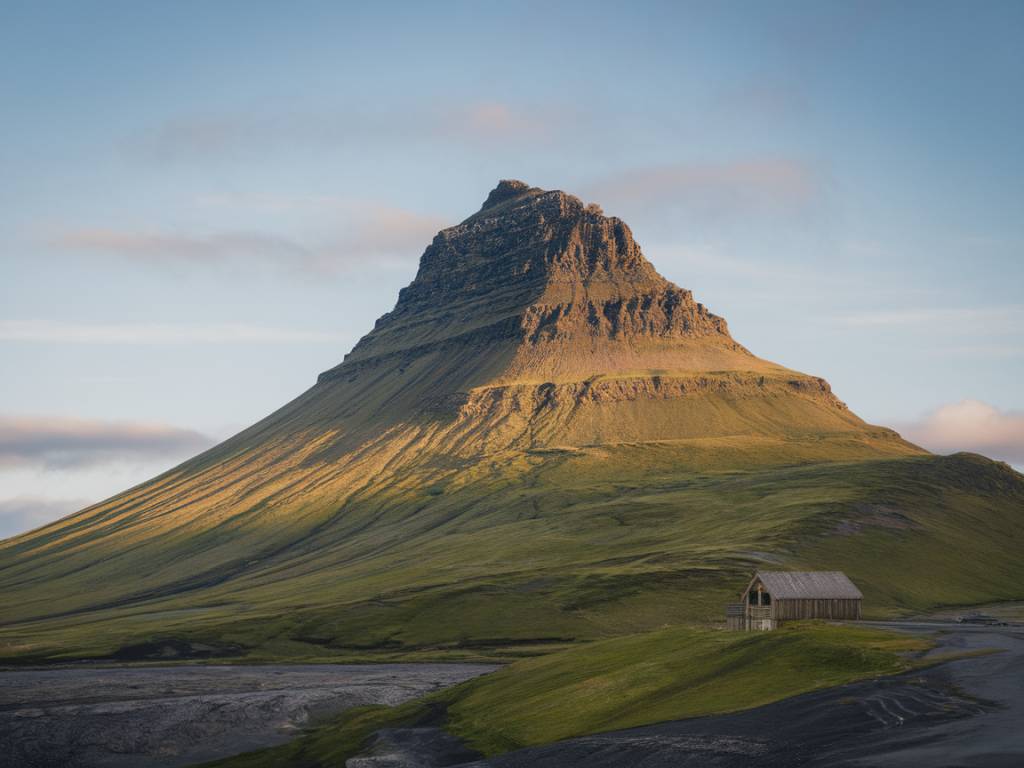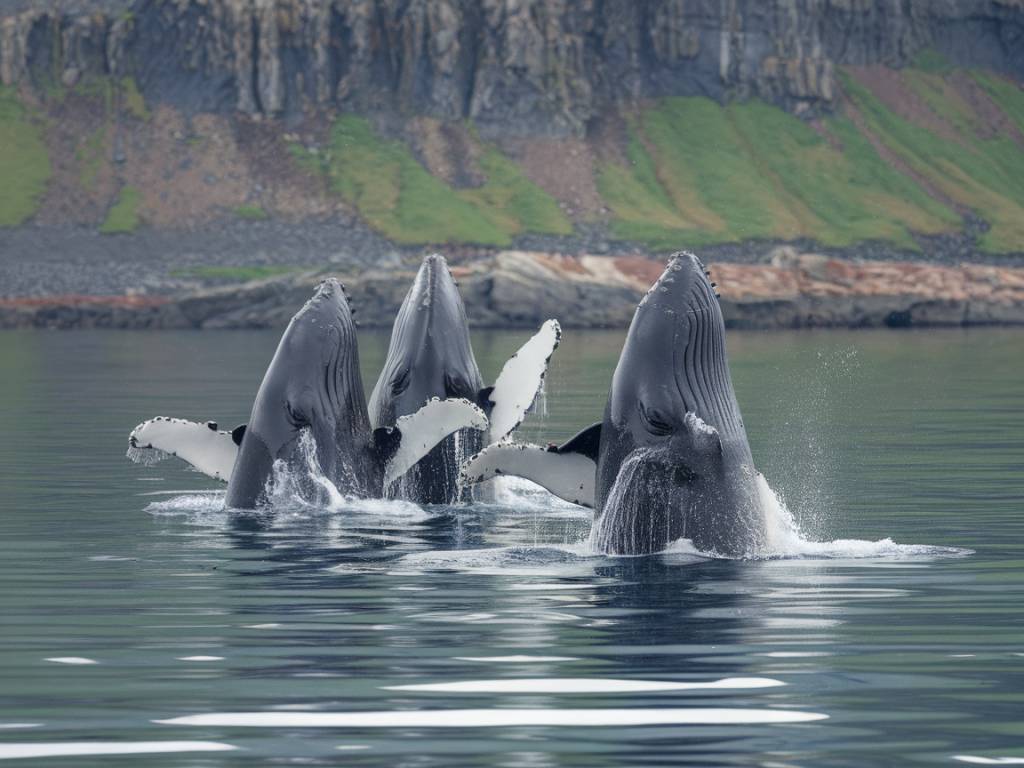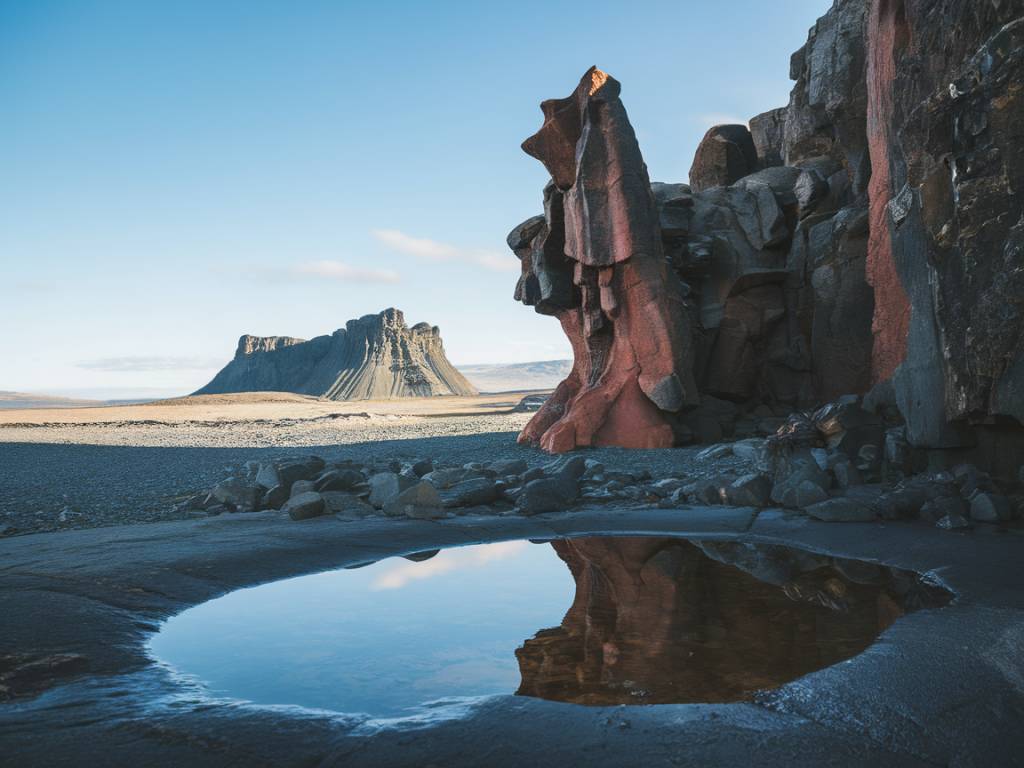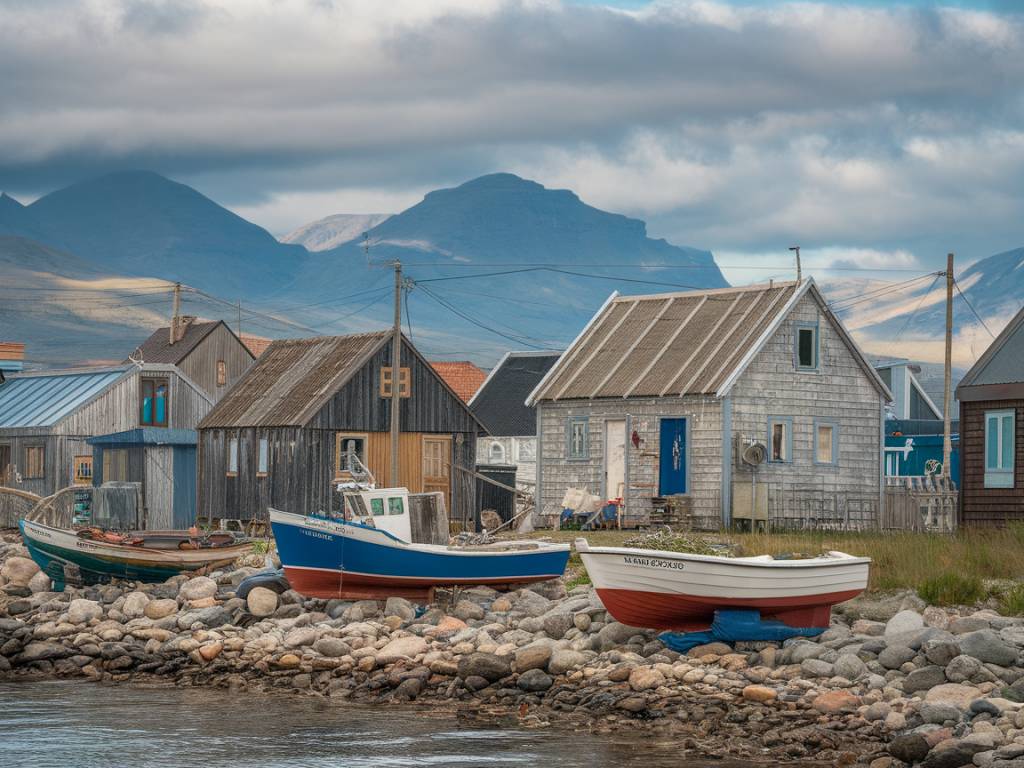Witnessing the northern lights, or aurora borealis, is a bucket-list item for many travelers. The celestial dance of lights is nothing short of magical, and few places on Earth offer a better vantage point than Iceland. The combination of clear skies, minimal light pollution, and strategic positioning near the Arctic Circle makes Iceland an ideal destination for this natural phenomenon. Here’s an in-depth look at the best places to see the northern lights in Iceland.
Reykjavik and Surrounding Areas
Reykjavik, Iceland’s capital, might not seem like an ideal spot due to light pollution, but think again. The city has some excellent vantage points and tour options to escape urban lighting. If you’re in Reykjavik, here are a few areas to consider:
For those willing to venture a bit further, there are plenty of tours that take you out of the city limits to darker regions, offering a higher likelihood of seeing the auroras.
Thingvellir National Park
Thingvellir National Park, a UNESCO World Heritage Site, is about a 40-minute drive from Reykjavik. Known for its geological, historical, and cultural significance, it’s also a fantastic location for northern lights. The park’s vast, dark skies offer prime viewing conditions.
The park’s serene lake, Þingvallavatn, can provide a stunning backdrop for the dancing lights. Reflecting off the water, the auroras here create an almost otherworldly scene. The open landscapes and minimal light pollution make Thingvellir a reliable choice for aurora chasers.
Vik and the South Coast
The village of Vik along Iceland’s south coast is another excellent location for northern lights enthusiasts. What Vik offers in spades are dramatic landscapes, which turn even more stunning when illuminated by the aurora borealis.
One of my most memorable experiences was watching the northern lights while standing on the black sands of Reynisfjara. The auroras seemed to dance in sync with the crashing waves, creating a sensory symphony of light and sound.
Jökulsárlón Glacier Lagoon
For those prepared to travel further afield, Jökulsárlón Glacier Lagoon on the east coast is an unmissable spot. This glacial lagoon is filled with floating icebergs that glow eerily under the northern lights.
Watching the auroras reflect off the icebergs and the still waters of the lagoon creates an ethereal and unforgettable scene. The lagoon’s remote location ensures minimal light pollution, providing some of the clearest skies for aurora viewing.
Eastfjords
Iceland’s eastern fjords, often less visited by tourists, offer a tranquil and serene setting for northern lights. The fjords themselves are a labyrinth of steep cliffs and narrow inlets, creating dramatic landscapes for the auroras to illuminate.
I found the Eastfjords to be some of the most peaceful places in Iceland, and observing the northern lights from these secluded locations felt like a rare privilege.
Westfjords
The remote Westfjords offer some of Iceland’s most unspoiled and pristine environments. The isolation and limited infrastructure mean less light pollution, providing some of the darkest skies in the country.
The Westfjords offer a level of tranquility and isolation that makes the aurora viewing experience even more special. There is something profoundly moving about watching the lights in such a raw, untouched environment.
Northern Iceland
Northern Iceland is one of the most reliable regions for northern lights due to its proximity to the Arctic Circle. The region’s low population density means that light pollution is minimal, ensuring clear views.
On my visit to northern Iceland, I was fortunate to witness a particularly intense display of the northern lights over Lake Mývatn. The experience was surreal; the lights seemed to ripple in the sky and reflect off the lake’s surface, creating a double spectacle.
Tips for Viewing Northern Lights
Here are some tips to maximize your chances of seeing the northern lights during your trip to Iceland:
Though there’s no guarantee you’ll see the northern lights, the journey and the landscapes of Iceland make the adventure worthwhile. Each of these locations offers not only a chance to witness this celestial marvel but also to experience the natural beauty and unique culture of Iceland.





